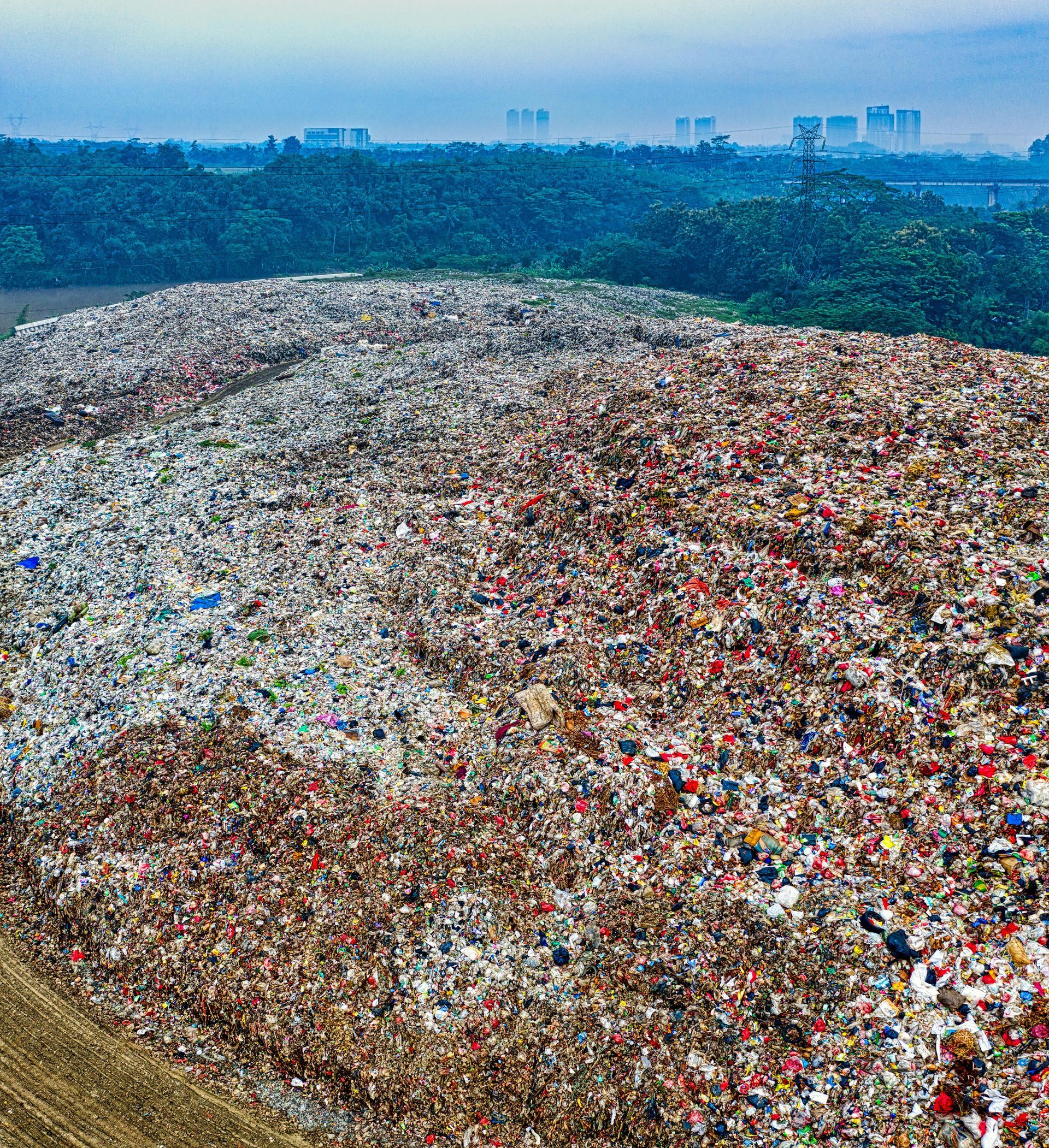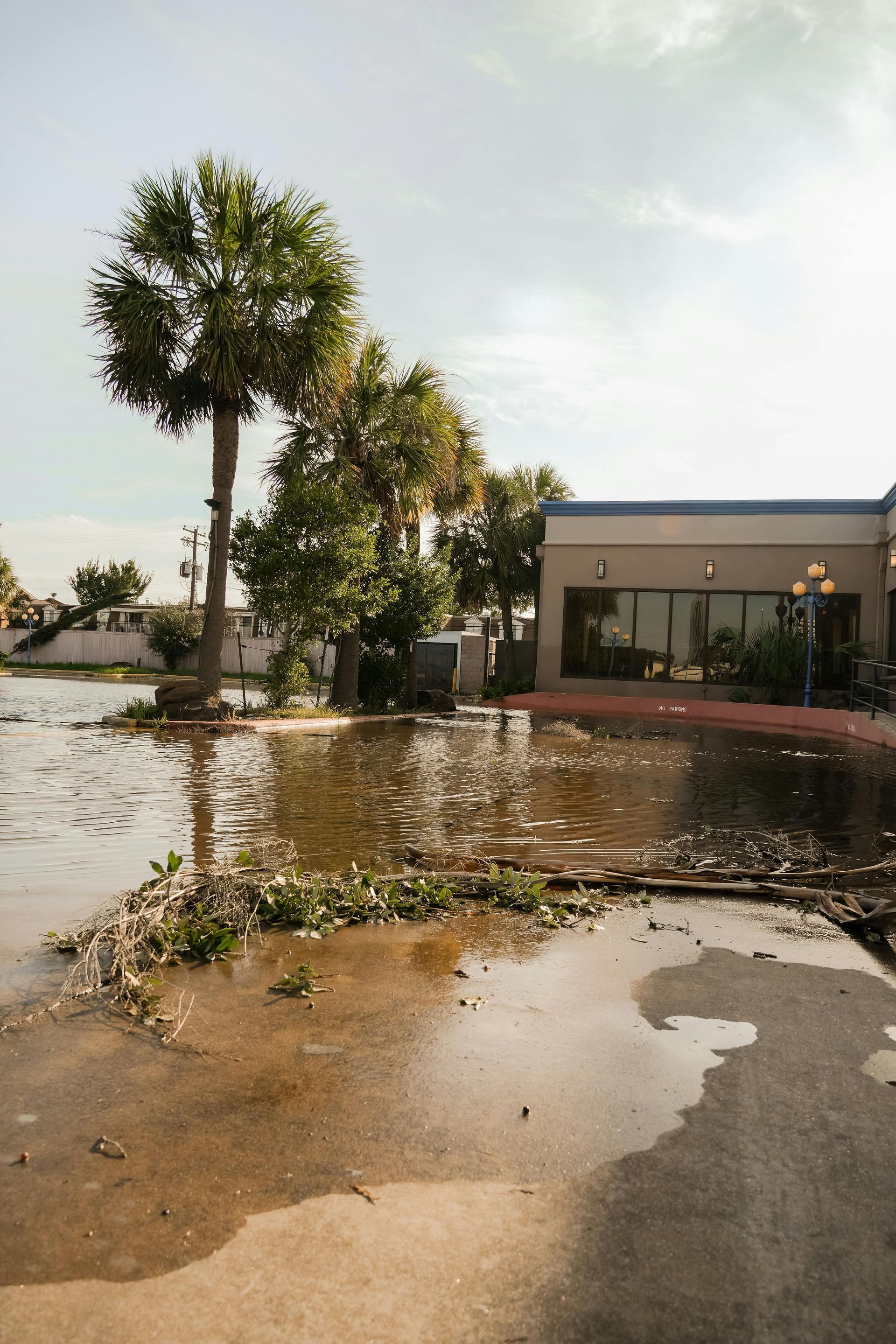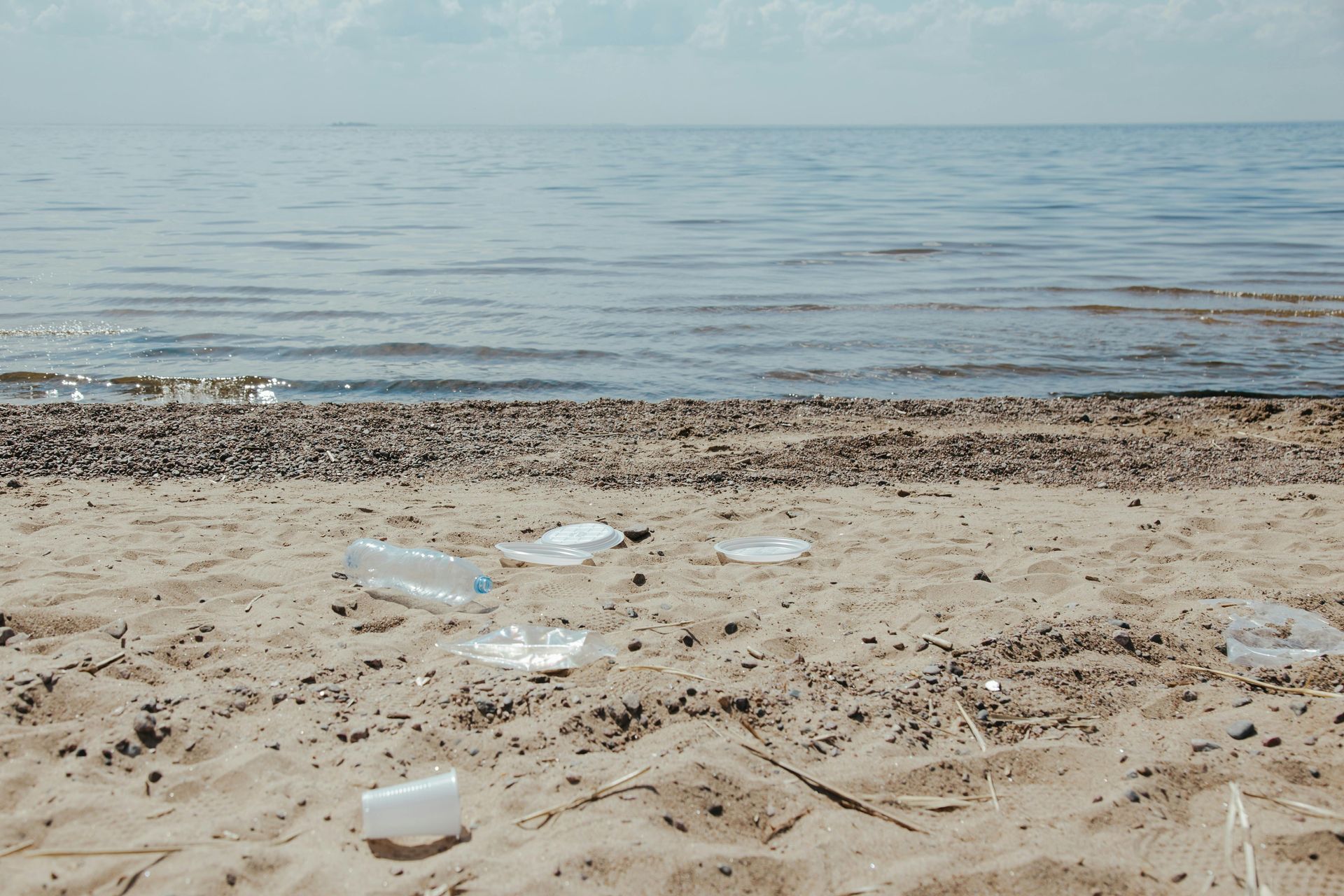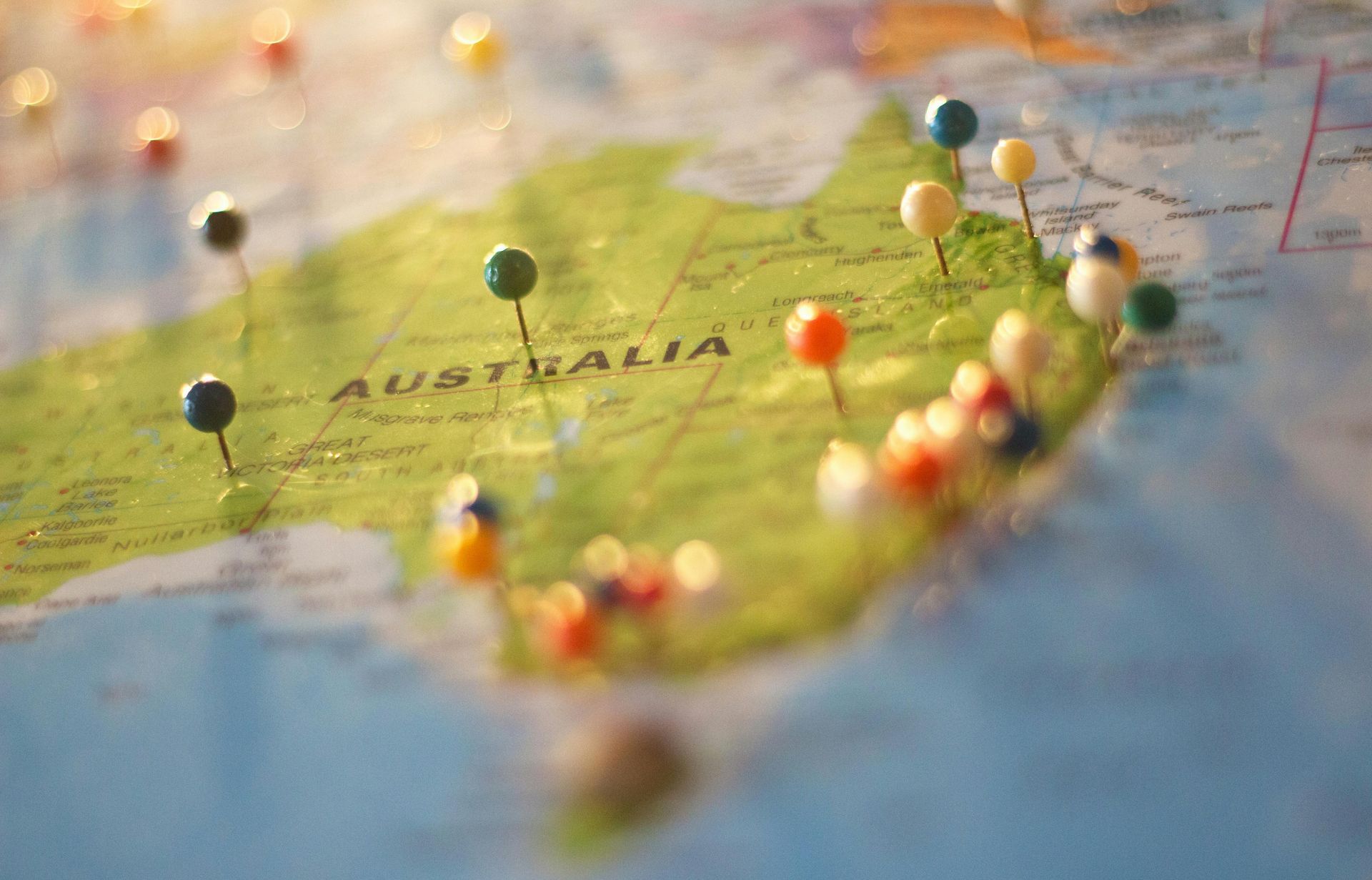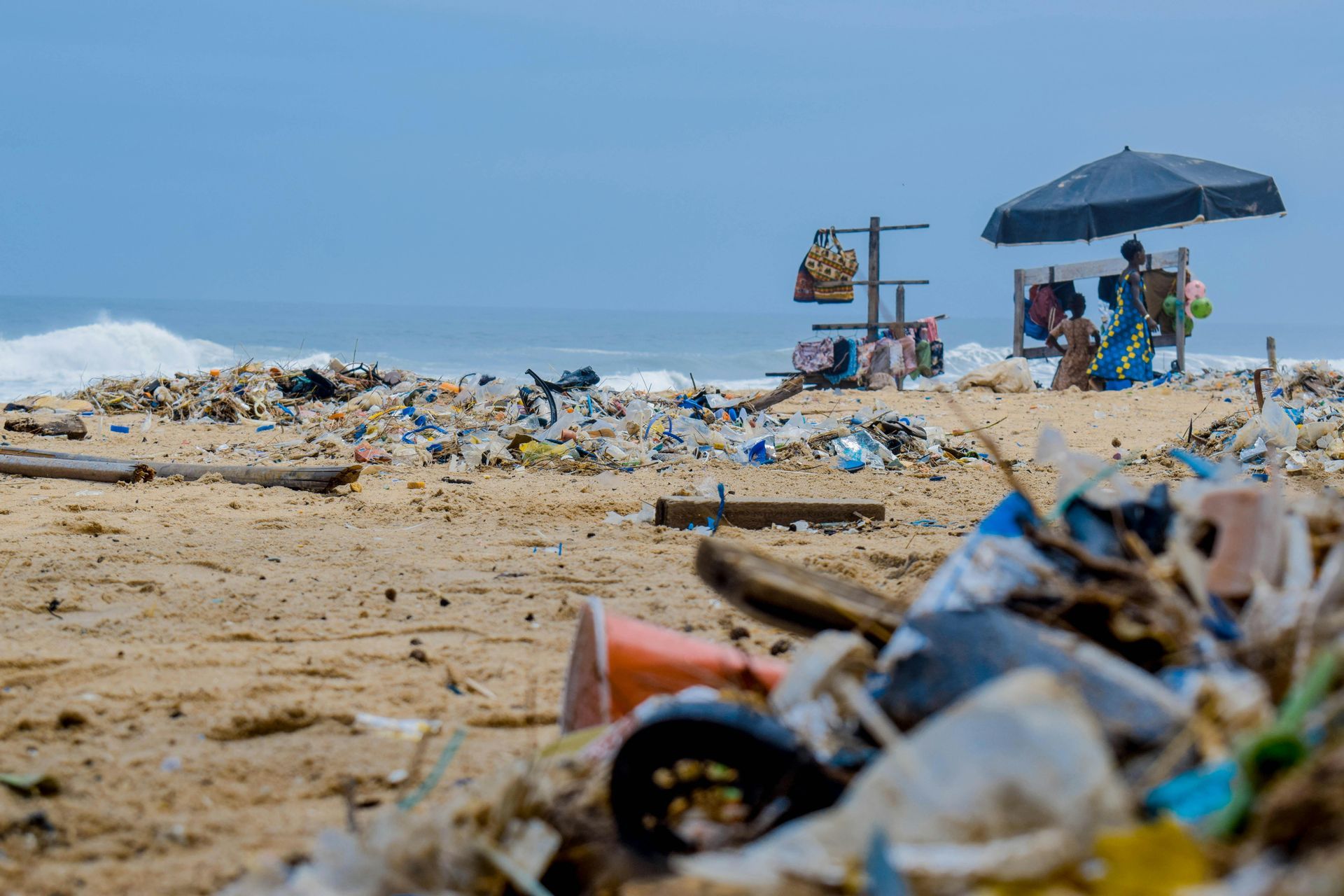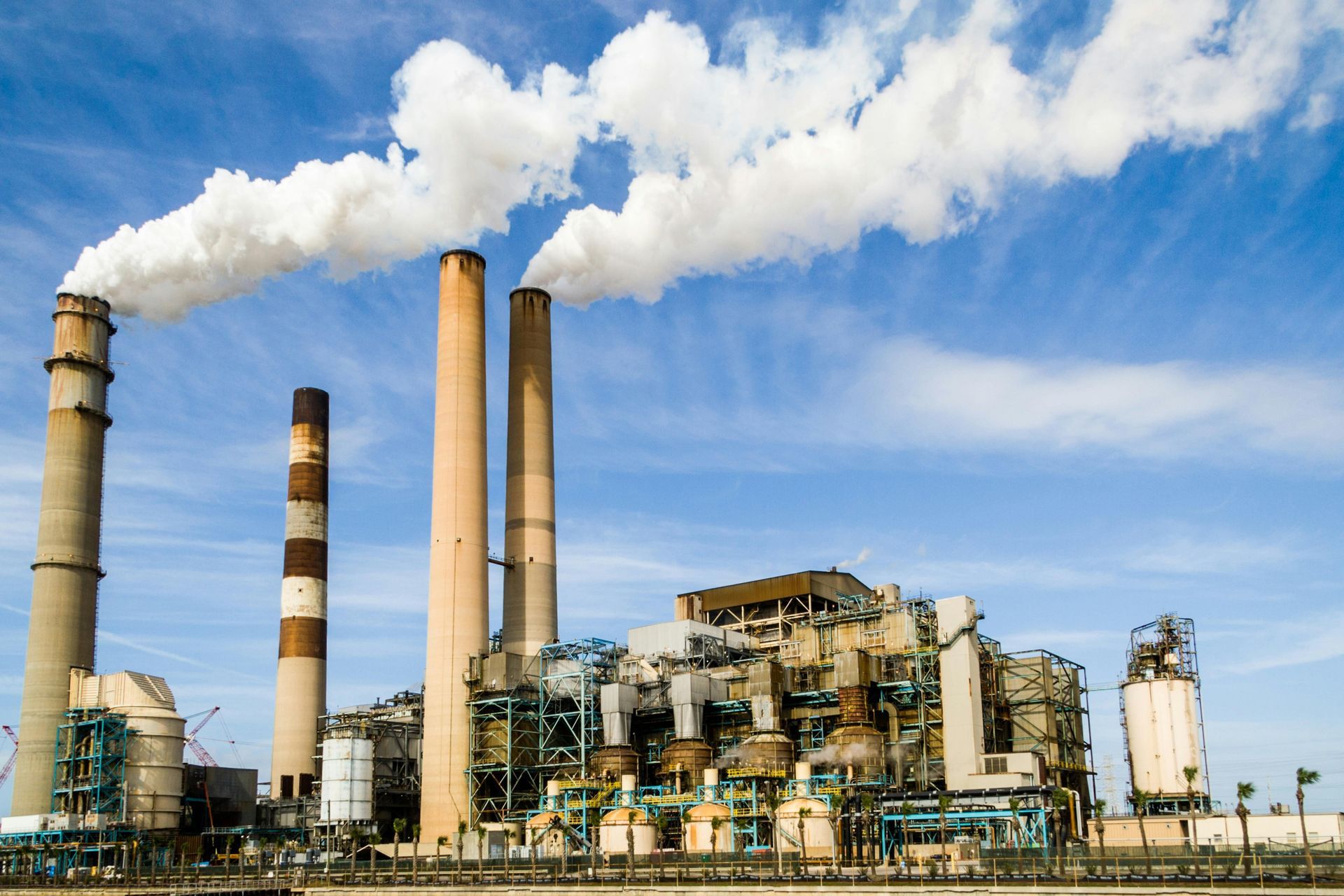Plastic Bottles: 1 Million Purchased Every Minute – The Global Plastic Crisis Continues to Escalate
According to recent reports, the global demand for bottled water has reached staggering levels, with over 1 million bottles purchased every minute. This reliance on bottled water is contributing to environmental degradation, as only a fraction of these bottles are recycled, and most end up in landfills or the ocean.
Lists are great ways to stay on track. Write down some big things you want to accomplish and some smaller things, too.
Check the list regularly
Don’t forget to check in and see how you’re doing. Just because you don’t achieve the big goals right away doesn’t mean you’re not making progress.
Reward yourself
When you succeed in achieving a goal, be it a big one or a small one, make sure to pat yourself on the back.
Think positively
Positive thinking is a major factor in success. So instead of mulling over things that didn’t go quite right, remind yourself of things that did.
